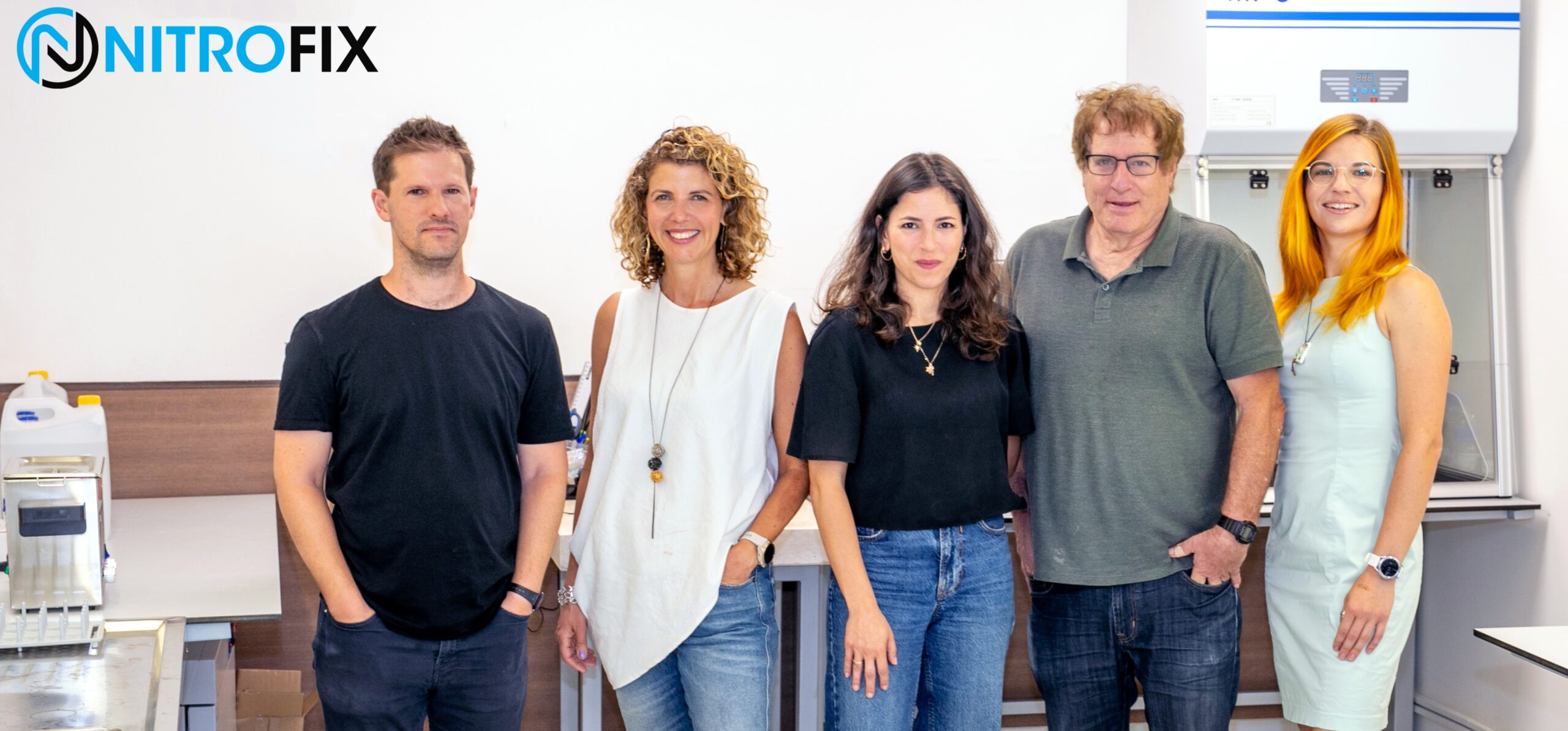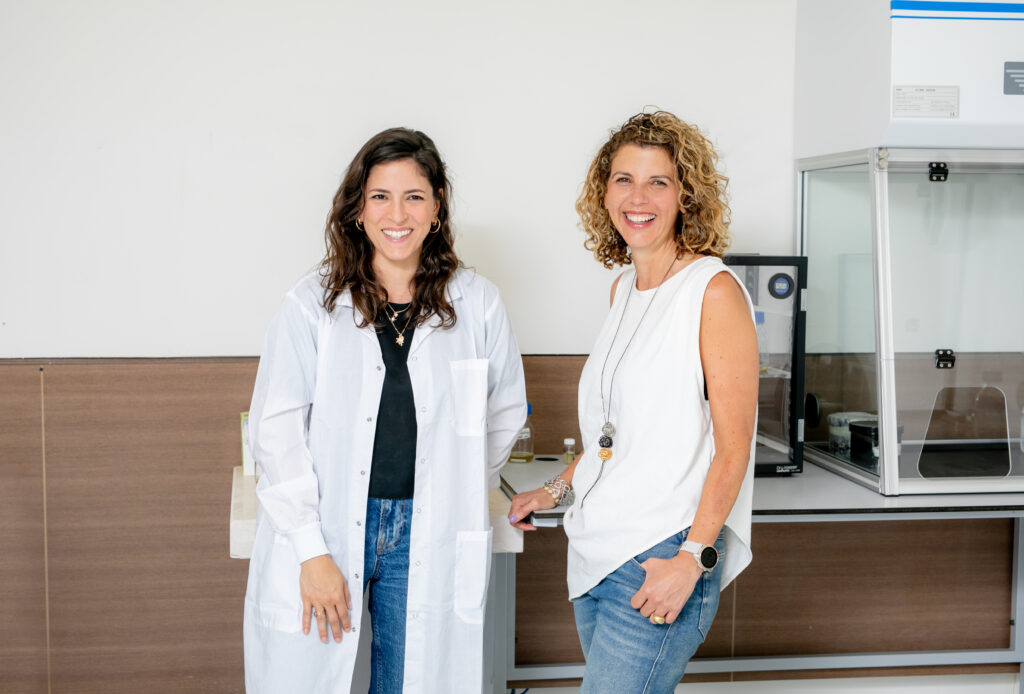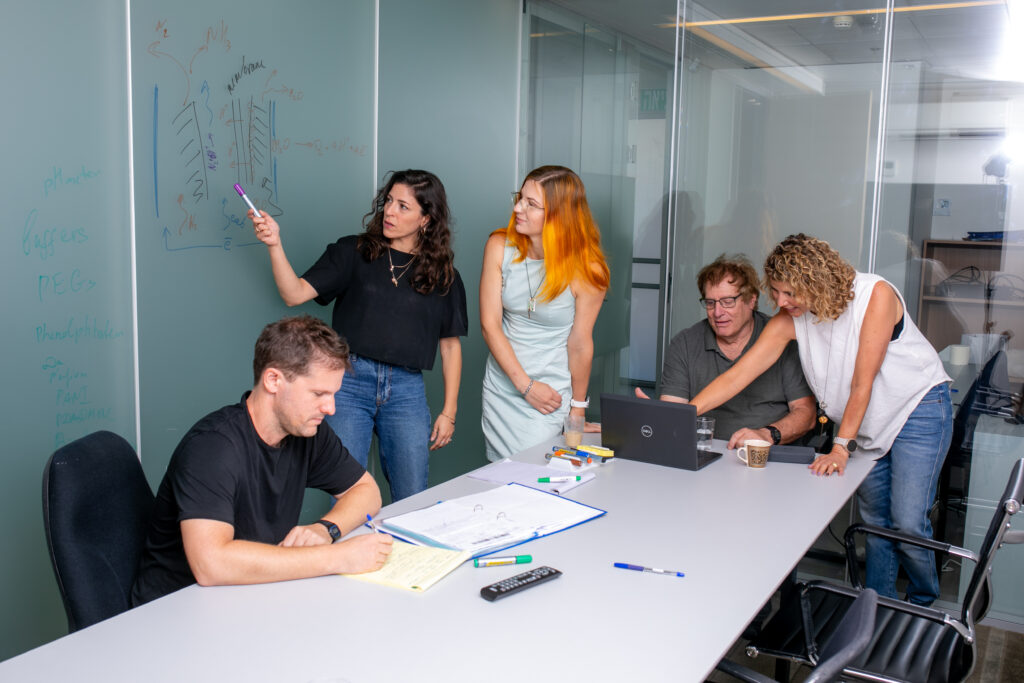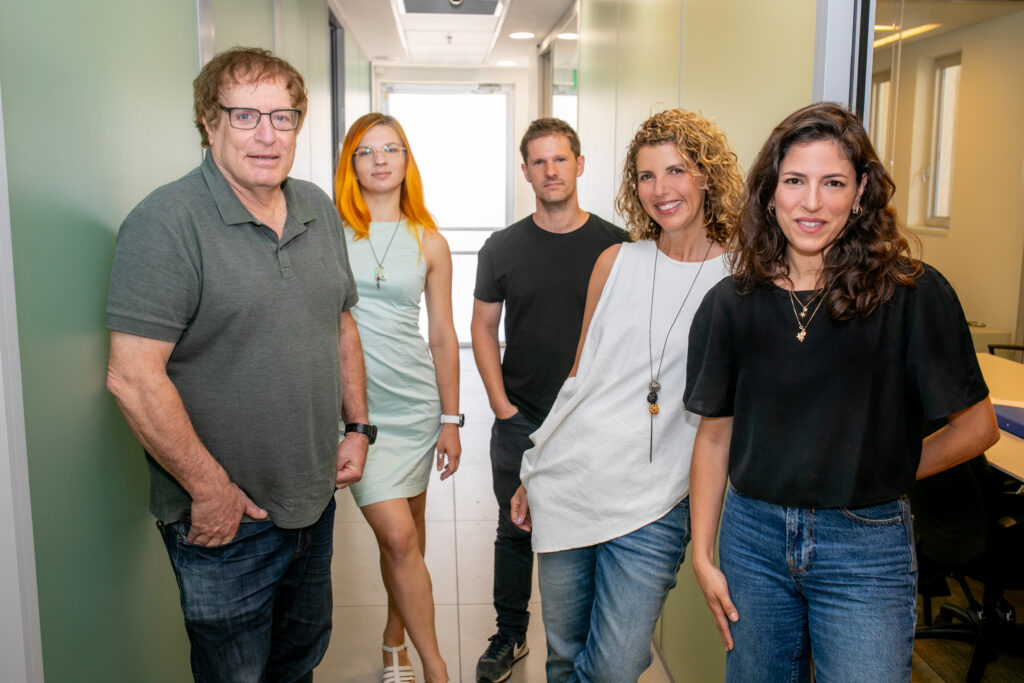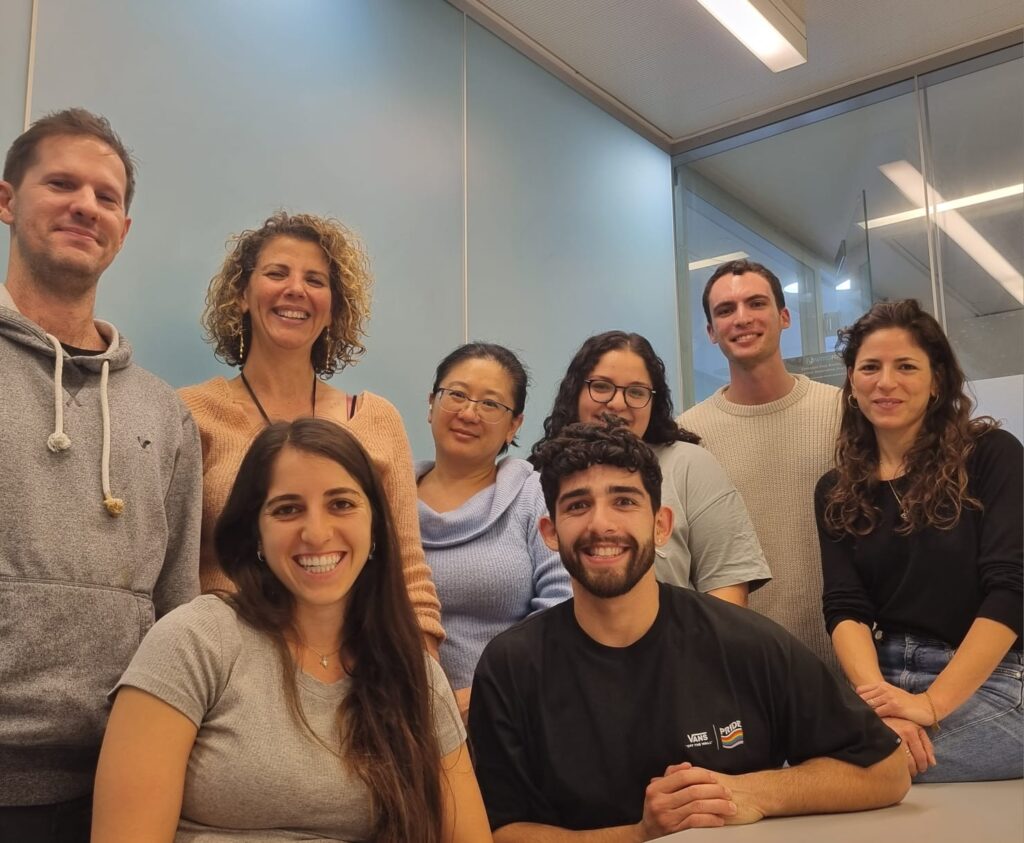Introduction to NitroFix’s Journey
Q: Can you briefly introduce yourself and your background?
A: My name is Ophira Melamed, and I hold a Ph.D. in chemistry. With a background in both 2D and 3D printing, I’ve spent over two decades in the printing industry, driven by a lifelong desire to change the world. The turning point came when I decided to shift my focus to climate issues, inspired by the challenges, like the fires in Greece, and a deep-seated conviction to make a meaningful impact beyond the printing realm. As the CEO of NitroFix, I aim to contribute to a positive change in the world.
Q: Your pivot to climate had to do with your conviction to change the world. Can you elaborate on that?
A: After more than 20 years in the printing industry, I reached a point where financial success wasn’t enough for me. I wanted to align my work with a deeper purpose. Observing global challenges, especially about climate, fueled my decision to pivot. I wanted to contribute meaningfully to the world’s current issues, moving beyond the routine of earning money to pursuing work that resonated with my soul.
Why Indie Bio?
Q: How did IndieBio get involved in your journey, and how did you connect with them?
A: IndieBio became part of my journey through Yehuda Bonstein, one of our company’s co-founders. Yehhoda had previous involvement with IndieBio, a few cohorts, before my participation. The connection was established organically, driven by a genuine passion for what we do. From the first day, it felt like a mutual love, and the advice to connect with the IndieBio team turned out to be pivotal.
Q: What aspects of IndieBio attracted you, given their specialties?
A: First and foremost, it was the diverse and talented people at IndieBio. Each team member brought unique strengths and perspectives, crucial for NitroFix’s growth. Beyond that, their passion for supporting startups was evident. While IndieBio primarily specialized in food, their ability to grasp and contribute to a wide range of topics, including our focus on electrolyzers and electrochemistry, made them an invaluable partner in our journey.
Q: Can you share insights into the application process for IndieBio and your experience with it?
A: The application process with IndieBio was relatively straightforward for us. Given our familiarity with green ammonia and its environmental significance, it felt like a natural fit. During what I’d term an “interview” with Monan and the team, they posed smart and insightful questions, showcasing their knowledge. Being the first company in the green ammonia field, our uniqueness seemed to resonate with them, making the selection process smoother compared to industries with numerous contenders, like food. Our entry into this field aligned with their interest in exploring new avenues.
Program Dynamics, Funding, and Support from IndieBio
Q: Did you receive funding as part of being admitted to IndieBio, and could you share more about this financial aspect?
A: Funding was a crucial part of our experience with IndieBio. Notably, IndieBio’s approach to funding sets them apart. While some accelerators may not provide funding, IndieBio does, recognizing its importance. The program not only serves as a catalyst but also ensures financial support. In our case, the initial fund amounted to $275,000, distributed in tranches based on submitted goals and milestones. However, it’s important to note that $75,000 was reserved for participation in the accelerator program, bringing the final amount to $200,000. Yes, it does involve equity exchange, approximately 10% of it.
Q: Once accepted, what was a typical day like during the IndieBio program, especially considering the geographical distance?
A: Given our location in Israel and IndieBio’s base in San Francisco, our participation leaned heavily on virtual communication. Daily, we engaged in one-hour Zoom meetings, connecting with the team and other participating companies. For those physically present in San Francisco, access to IndieBio’s labs and offices facilitated hands-on research. While our virtual presence limited the direct interaction, the daily calls provided a platform for advice, discussions, and progress updates. Despite the geographical distance, the program maintained its collaborative essence.
Reflections on the Program’s Worthwhile Aspects
Q: Looking back, what aspects of the IndieBio program do you consider particularly impactful and worthwhile?
A: IndieBio’s program left a lasting impact on various fronts. It emphasized essential skills, from crafting the right deck to effective communication with investors. Divided into different sections covering legal matters, HR, and venture capital insights, it provided a comprehensive learning experience. The regular board meetings every three weeks were instrumental for me as a CEO, honing my skills in managing and preparing for such meetings. The mentorship aspect, focusing on personal improvement, was invaluable. Learning from how they communicate and present themselves, combined with the mentorship, made the program exceptionally valuable.
Q: Despite the remote participation, do you still find the IndieBio program worthwhile, and what value does it offer even in a remote setting?
A: The program proved to be worthwhile even in a remote setting. With the majority conducted via Zoom, it aligned with the evolving norms of the new era. While we did spend two weeks in San Francisco during the program, the remote engagement, comprising 90% of the program, was still highly valuable. It allowed us to connect with people, understand their challenges, and share experiences with other CEOs. The program’s adaptability to a remote format did not compromise its effectiveness, making it a relevant and valuable experience.
Q: Reflecting on your experience, are there aspects of IndieBio that you think could have been improved, especially considering cultural differences?
A: While IndieBio is an excellent program, there are areas for improvement, especially considering cultural differences. As an inherently American program, it aligns well with American culture. However, coming from a different cultural background, I noticed elements that felt very American-centric. Concepts like pluralism, while understandable, felt more attuned to an American context. One suggestion I made was to assign a dedicated team member to each startup among the six or seven participating, providing a more focused and less chaotic consulting experience. Additionally, from a business perspective, I felt the program could enhance its focus on the post-venture phase and the strategic aspects of customer definition and business building.
Q: What achievements and changes in your startup’s trajectory can be attributed to completing the IndieBio program?
A: Post-IndieBio, we were fortunate to secure our lead investor, Clean Energy Venture, thanks to the exposure gained during the program. The program’s introduction to numerous VCs was invaluable. Through interactions with over 30-40 VCs, we successfully closed a seed round, raising $3.6 million. Currently, our team is diligently working on building our prototype, a significant milestone in our journey.
Q: How has the program prepared you for future milestones, and what would you consider your next steps?
A: The program played a crucial role in helping us define and understand the milestones needed for the next round of funding. By setting clear goals and aligning them with the funding requirements, we gained insights into the necessary steps for our startup’s growth. The program has equipped us with a strategic perspective on what our next steps should be.
Q: Did the accelerator meet your expectations in terms of introducing you to venture capital firms and investors, or were you hoping for more introductions?
A: The accelerator exceeded expectations in terms of investor exposure. Even before official introductions, the mere announcement of our participation attracted attention. Within a short period, I was approached by 20 VCs, showcasing the program’s impactful visibility. Additionally, IndieBio’s formal introductions, including intro emails and meetings, were instrumental in establishing connections with many other VCs. This, undoubtedly, was one of the program’s most significant benefits.
Valuable Insights for Accelerator Applicants
Q: Any final advice for those considering applying to IndieBio?
A: My advice is to approach the application process with preparation and a recognition that it’s a substantial journey. While funding is crucial, it’s equally important to view the accelerator as an opportunity to learn and grow. Define clear objectives for what you aim to achieve from the accelerator beyond just financial support. IndieBio, with its experienced team, provides a wealth of knowledge, so be open to learning and absorbing insights. It’s not just about the money; it’s about the valuable experience and mentorship you can gain.

